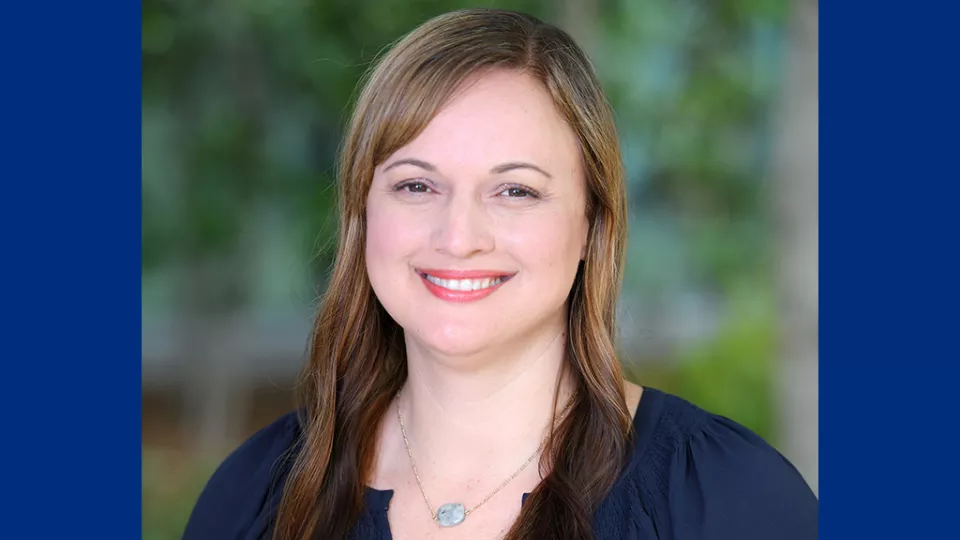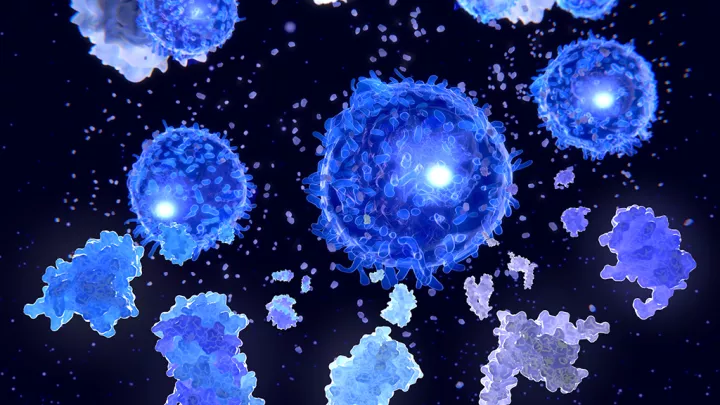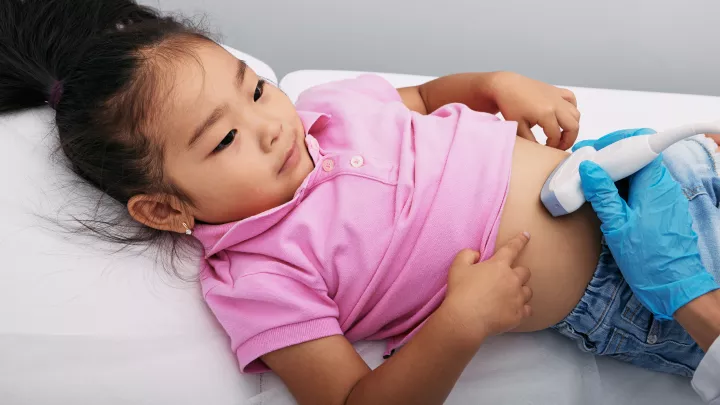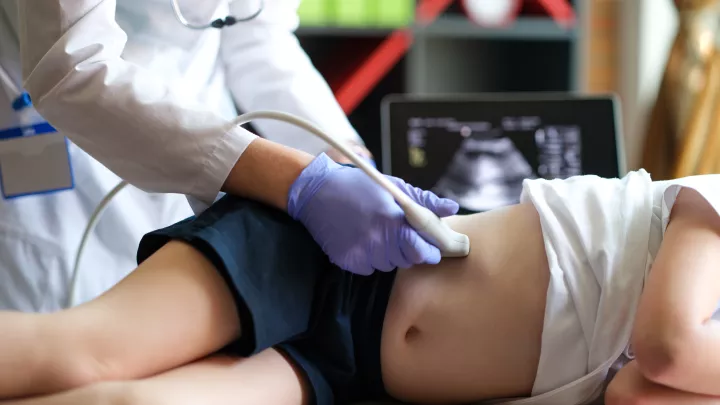
Juliet Emamaullee, MD, PhD
Division of Abdominal Organ Transplantation
Faculty Spotlight: Juliet Emamaullee, MD, PhD
“There are things in transplant medicine that haven’t changed in 40 years,” says Dr. Emamaullee. “I don’t want to tell a patient who needs a second transplant, ‘This is the best we can do.’ I find that intensely dissatisfying.”
A surgeon and Research Director for the Division of Abdominal Organ Transplantation, Dr. Emamaullee is taking a high-tech approach to challenge that status quo. Working with the Spatial Biology and Genomics Core (led by Shahab Asgharzadeh, MD), her lab is using imaging mass cytometry to find novel ways to diagnose, treat and predict rejection in children with liver transplants.
She is also harnessing this technology to study Fontan-associated liver disease, as well as pediatric acute liver failure, which can lead to liver transplant.
Recently, her team made an exciting discovery: T-cells expressing a marker called PD1 may help predict which children will recover from acute liver failure, and which ones will need a transplant. The finding—presented in a plenary session at the recent International Liver Transplantation Society conference—could also open a potential treatment pathway.
“We think these cells play a role in liver transplant rejection as well,” she notes. “And it’s only through this technology that we could find them.”
Growing up in Portland, Oregon, Dr. Emamaullee fell in love with science at a young age. Raised by a single mother struggling to get by, she became the first in her extended family to graduate high school.
In college, a stint doing research with a faculty adviser inspired her. Still, she had doubts. “An MD-PhD sounded like a lot for someone from my background,” she shares. “But I followed my passions and paved my own path.”
Today, helping students find their path is a cornerstone of her work, and she recently received a USC mentoring award. She stresses that her research is a team effort, aided by her own CHLA mentors and collaborators—including Rohit Kohli, MBBS, MS; Yuri Genyk, MD; and Dr. Asgharzadeh.
Outside of work, Dr. Emamaullee enjoys spending time with her husband and two daughters. Her favorite activities include traveling, gardening and taking long walks with her large and lovable Wheatendoodle, Louie.


